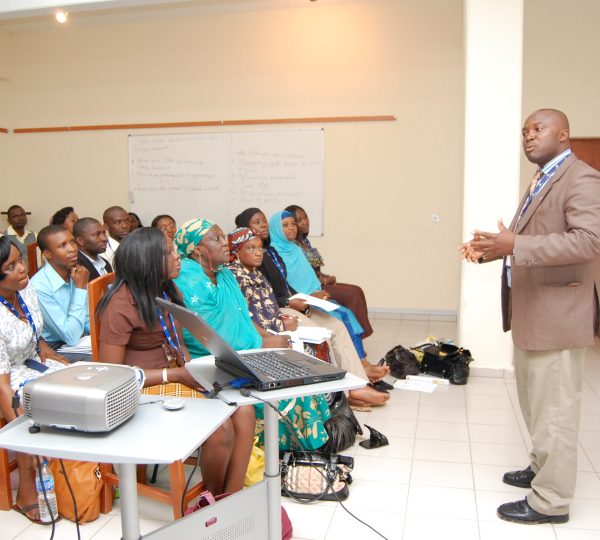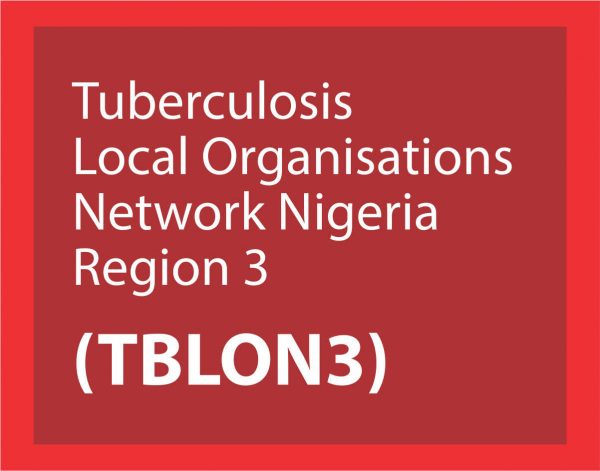Leveraging for Impact: HIV & Malaria
The Enhancing Nigeria’s Response to HIV & AIDS (ENR) programme resolved to achieve increased comprehensive knowledge of HIV from 33% and 28.2% in 2013 to 44% and 33% in 2014, for male and female respectively. Tall goals for accepting attitude to People Living with HIV (PLHIV) were also set to go from 37.2% in 2013 to 38% in 2014 for females as part of the 2014 programme target across all ENR States. Innovative approaches, supportive supervisory visits to States including collaboration with existing programmes in Society for Family Health (SFH) were adopted to meet the target.
The ENR programme leveraged on SFH’s Global Fund Malaria mass distribution of 2.6million long lasting insecticide-treated nets in Ogun State as part of the global effort to eliminate malaria. During this event in Ogun State half a million leaflets on comprehensive knowledge of HIV and accepting attitude to People living with HIV (PLHIV) to sexually active males and females were distributed over a period of five days across the 20 LGAs of the State. This involved the strategic placement of the leaflets in 1,340 LLIN distribution points and interactive distribution of the leaflets using interpersonal communication conductors (IPC), LACA Managers, Health Educators and SFH staff. This ultimately ensured that one million males and females were reached with messages on comprehensive knowledge of HIV and non-stigmatising attitude to PLHIV as part of strategic integration of Society for Family Health programmes.
Enhancing Nigeria’s Response to HIV and AIDS(ENR) programme is a six year (January 2009-December 2014) Integrated HIV Prevention and Institutional Strengthening Programme, funded by the United Kingdom’s Department for International Development (DFID). The goal of the programme is to contribute to Nigeria’s achievement of the Millennium Development Goal 6 by reducing the spread of HIV epidemic and mitigating the impact of AIDS. The expected outcome of the programme is to improve the access of those most vulnerable to infection, to effective HIV & AIDS prevention, treatment, care and support information and services. To achieve the outcome, the programme works to deliver three outputs at the federal level and in 8 states which are: Strengthened stewardship for sustainable and effective multi-sectoral and evidence informed HIV prevention response by federal and state government, Improved institutional and technical capacity of civil society to engage in HIV & AIDS prevention, care and support interventions and Improved knowledge, change in attitudes and availability of commodities conducive to safer practices for effective HIV & AIDS prevention.
Society for Family Health, Nigeria… Creating Change, Enhancing Lives


